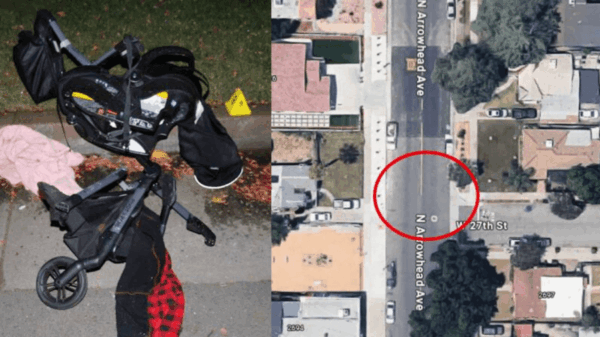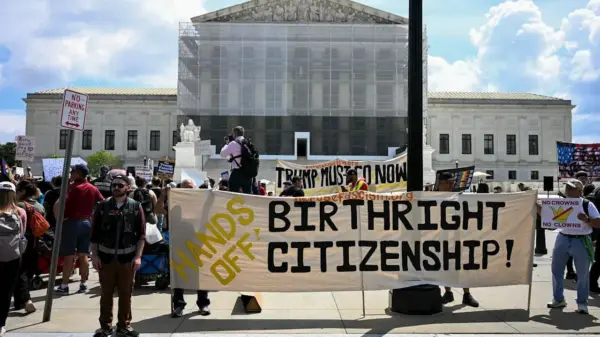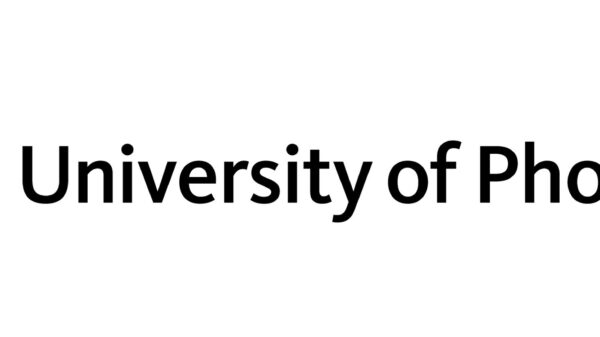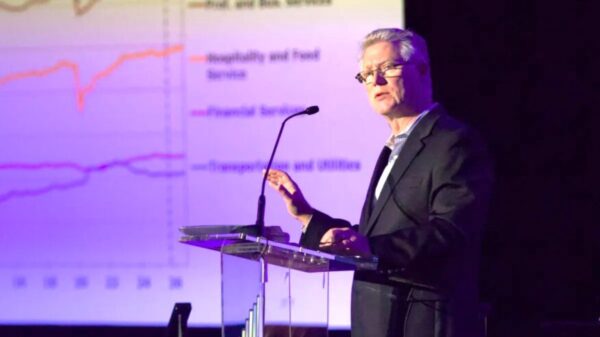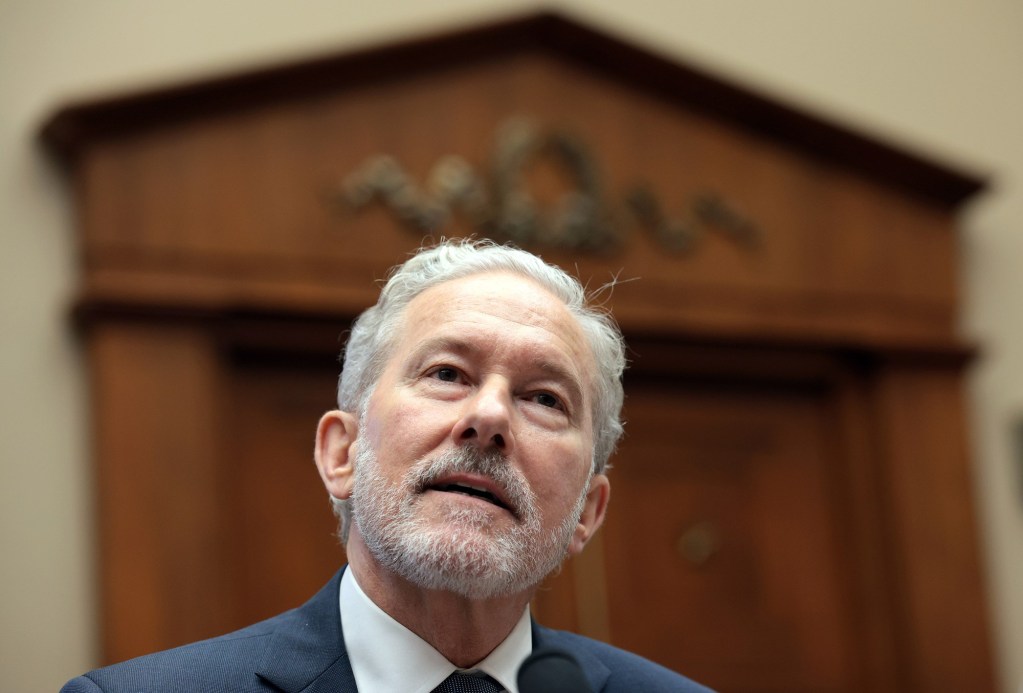The debate surrounding antisemitism on college campuses reached a pivotal moment on July 15, 2023, when university leaders testified before the House Committee on Education & Workforce. Chancellor Rich Lyons of UC Berkeley, Chancellor Félix V. Matos Rodríguez of the City University of New York, and interim President Robert M. Groves of Georgetown University provided a clear stance: they affirmed that anti-Zionism equates to antisemitism. This assertion marks a significant development in the discourse on campus antisemitism.
During the hearing, Representative Burgess Owens, a Republican from Utah, posed a direct question: “Is denying the Jewish people their rights to self-determination … antisemitism? Yes or no?” The response from all three leaders was a resounding “Yes,” underscoring the connection between anti-Zionism and antisemitism. These remarks are significant, as they address the growing concerns regarding antisemitic rhetoric, particularly at protests against Israel.
The distinction between anti-Zionism and antisemitism has fueled extensive debate in academic circles, often leading to confusion and misinterpretation. While not all anti-Zionists harbor antisemitic views, denying the Jewish people’s right to self-determination is fundamentally antisemitic, as it contradicts a basic tenet of Zionism. This principle asserts Israel’s right to exist as a Jewish state on its ancestral homeland, a belief deeply rooted in Jewish tradition.
In recent years, there has been increasing awareness among progressive circles about the need to confront various forms of discrimination. Yet, the silence regarding antisemitism, particularly in the context of anti-Israel protests, has been striking. Chants such as “From the river to the sea, Palestine shall be free!” and “We don’t want no two states! We want all of ’48!” have been dismissed by some as merely anti-Zionist, rather than antisemitic.
The university leaders’ testimony aligns with a federal district court’s ruling from the previous year, which stated that the University of California, Los Angeles (UCLA) could not permit anti-Israel activists to exclude Jewish students from campus activities. This ruling emphasized that Jewish identity and support for Israel are integral to many students’ experiences.
Recognizing anti-Zionism as a manifestation of antisemitism is a vital step in addressing the discrimination Jewish students face on campuses. It shifts the focus from unproductive conflicts about Israel’s existence to more meaningful discussions about Israel’s policies and actions, including its response to the ongoing conflict with Hamas.
As the conversation evolves, it may be beneficial to reconsider the use of terms like “Zionism” and “anti-Zionism.” These terms can perpetuate the notion that Israel’s place in the international community is still debatable, a view that diverges from the reality of Israel’s established status as a sovereign nation.
The clear stance taken by the university leaders reflects a growing acknowledgment of the complexities surrounding antisemitism and anti-Zionism. Their testimony serves as a reminder of the need for nuanced discussions in academic settings, allowing for robust debate without crossing into the realm of discrimination.
This pivotal moment calls for gratitude towards the leaders of UC Berkeley, CUNY, and Georgetown University for their contributions to elevating the conversation about antisemitism and anti-Zionism on college campuses. Their clarity may pave the way for a more respectful and informed dialogue about these critical issues.



